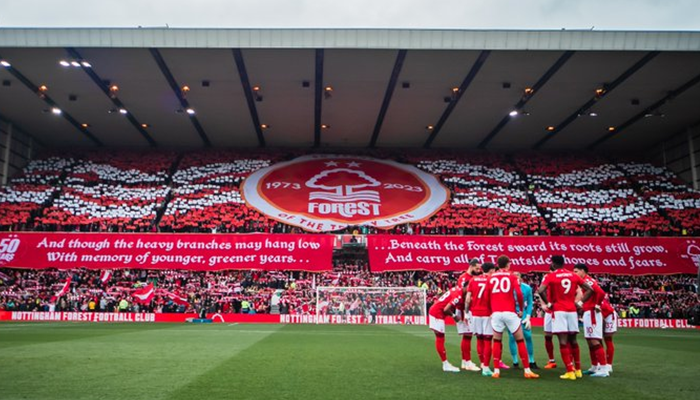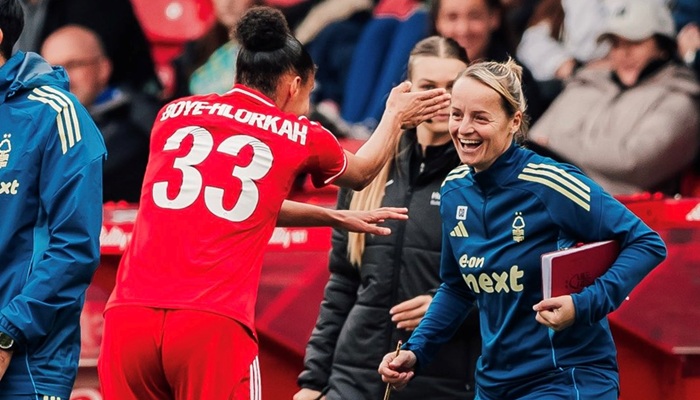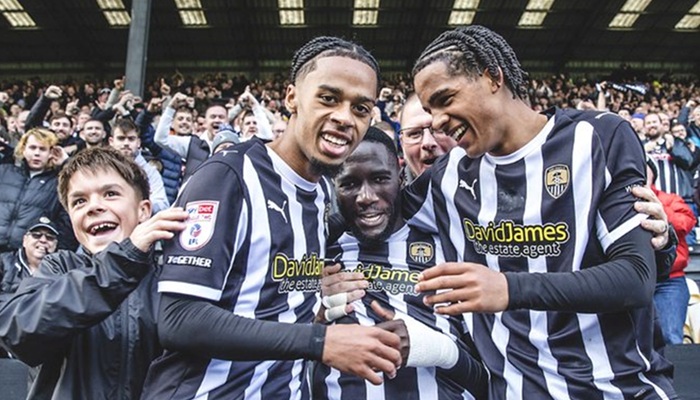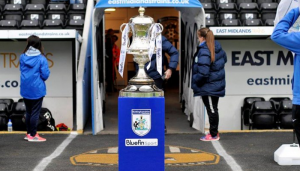Only A Game?
Twenty teams in the Premier League: twelve managers sacked … so far! What’s going on? Read on. Children pat out sandcastles from coloured buckets on a sunny day at the beach. A cluster of senior citizens shuffles dominoes across a pub table. Teenagers high-five a strike at a ten-pin bowling alley. A family throws a ball around in their local park. What do all of these activities have in common? They all capture people at play.
Before we can walk, we become immersed in play, surrounded – if we’re lucky – by toys to play with. Later, we go out to play, have friends round to play, go to school and have play-time. And, of course, we have play at the swipe of a screen, the touch of a button: play on the go. To play is part of what it is to be human. There might be less time to devote to it as adults but it doesn’t stop us seeking opportunities to play.
In England, public (ie private) schools promoted the playing of sport as part of their ‘character building’ ethos. Like it or not, they were responsible for devising most of the rules we associate with football and rugby in the 19th century. Football, though – in one form or another another – had been around for centuries. Whole villages pitched-up against each other in medieval times. Games were played over fields for hours. There were few rules or restrictions, the key element being mass participation.
Go back further in history and there’s evidence of playing with a ball in some form throughout Ancient Greek and Roman times and later by Native Americans. But we’re going forwards and it’s 1888 and the Football League is founded in Manchester. It’s the first of many professional associations to emerge in the world. The game of football becomes embedded in our culture and country and, via the British Empire, across the planet.
The export of football led to more participation in both playing and watching, especially with opportunities to see professional teams. Change inevitably brings new aspects to the sport, such as its expansion in England to cater for 92 clubs by 1950, the end of restricted salaries for players by 1961 and the advent of the breakaway Premiership in 1992. That brought about a dramatic transformation in domestic football that is still evolving. As the rich clubs get richer and the poor get poorer, the ruthless results business has come to take on ever more significance.
The Premier League is a private company, wholly owned by its twenty Member Clubs who make up the League at any one time. Each individual club is independent and is a Shareholder in the Premier League. At the end-of-season AGM, relegated clubs transfer their shares to the promoted clubs from the Championship. You are in this exclusive club of clubs, with its bountiful access to world-wide TV contracts, high social-media profiles, additional lucrative opportunities in advertising, sponsorship deals and betting connections … and then, if relegated, you’re not. So it’s a sort of cartel.
Each year the stakes are cranked-up as more overseas and off-shore investment finds its way into club ownership. Networks of financial dealings have come to resemble the labyrinthine money practices we associate with the City of London. It emerged recently – to the shock of their fans – that if Everton are relegated in May they might find themselves in liquidation. Debts, overstretched financial commitments, extinction. You’re the manager and your club is faced with an existential threat if they don’t avoid the drop. The pressure is intolerable for clubs and individuals and it’s evidenced by the warped behaviour and decisions we’re witnessing, fed – as always – by an insatiable media.
The promised Government White Paper on responsible ownership and much more has gone AWOL yet again. The Premiership, meanwhile, like some rogue planet in its own orbit, spins further and further from earth and into galaxies unknown, Star Trek style. Might it burn up like a star? Enter a black-hole and be gone? As with all great TV shows, the possibilities are endless. Except we’re not talking about some fictional fantasy. It’s about what’s happening to football. The sport that used to be an extension of real life has been commodified out of all recognition off the field. Sacking managers by the dozen is symptomatic of that shift.
Reassuringly, our game, the people’s game, the ‘beautiful game’, retains familiar terms that bind football to its roots. It is still defined as a ‘game’ and it is ‘played’ and the participants are called ‘players’. We offer compliments like ‘they played well’ and ‘they had a good game’ and a team might have ‘played the opposition off the park’. We’re not self-deluded though: we know the game’s changed fundamentally in the higher echelons and with untold consequences.
All of this will be of no comfort to Steve Cooper who – at the time of writing – is still in his job. Well done to Forest for sticking by their man … so far. Well done to fans for demonstrating their support for a manger who’s rejuvenated the club beyond all expectations these past eighteen months. But the Sword of Damocles hangs over him. The owner has spoken and the manager’s fate is in the balance. He could yet be a victim, not so much of his own failings, but of a culture and business model that has redefined failure.

*Article provided by Stephen Parker (Nottingham Forest Correspondent).
*Main image @NFFC the City Ground will attract fans in thousands regardless of the league Forest are in.
Share this content:
























Post Comment